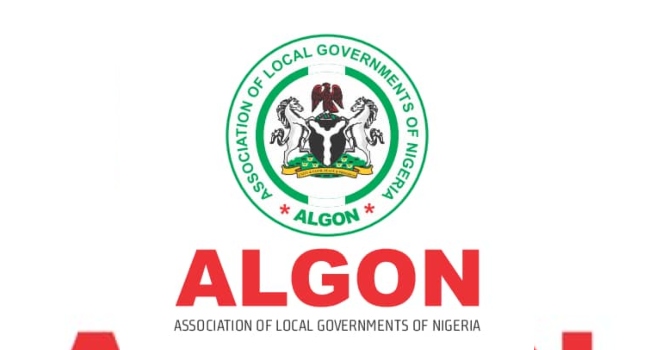The Association of Local Government of Nigeria (ALGON) has commended the Supreme Court for the landmark judgment granting financial autonomy to the 774 local government councils in the country.
The national president, Alhaji Aminu Muazu-Maifata, who is also the chairman of Lafia Local Government Area of Nasarawa State, expressed joy over the judgement of the apex court.
On Thursday, July 11, the apex court granted financial autonomy to the 774 local government councils in the country.
The Supreme Court, in suit No: SC/CV/343/2004, ordered the Federal Government to immediately commence direct payment of local government funds to the area councils.
The Attorney General of the Federation, Lateef Fgebemi, had on May 24, on behalf of the Federal Government, dragged the 36 governors before the Supreme Court over alleged misconduct in the running of affairs of local governments in the country.
The Attorney General instituted the court action against the governors primarily seeking full autonomy for local governments as the third tier of government in the country.
The ALGON boss also commended President Bola Tinubu and the governors of the 36 states for accepting the decision of the apex court.
He promised a cordial working relationship between the council chairmen and the governors, adding that such a move would ensure proper developments at the grassroots.
The president added that the financial autonomy would propel the council chairmen to redouble their efforts toward delivering the dividends of democracy to the people at the grassroots.
“We know that there are so many expectations from us under the new arrangement, where our funds will come directly from the Federal Government.
“Expectations will come from our people, our governors, and even the president, who is passionate about the development of the rural areas.
“So, we are very much aware of all these expectations, and by the grace of God, the country will be better in the near future,” he added.
The ALGON boss, however, called for an upward review of the revenue accruing to the 774 councils, adding that it would enable them to comfortably pay the new minimum wage when approved.
He said reviewing the sharing formula would enable the councils to embark on infrastructural development and address the security and other challenges currently ravaging rural communities.
“It will also help us to create more job opportunities and an enabling environment for people to go about their lawful businesses without fear of attack or intimidation,” he said.
Meanwhile, the Coordinating Minister of Health and Social Welfare, Prof Ali Pate, has said local government autonomy marks a milestone in the evolution of Nigeria’s healthcare system.
Pate, who spoke on the sidelines of the inaugural quarterly performance dialogue with state Commissioners of Health in Abuja, said the LG autonomy was an opportunity to galvanise all levels of government to put healthcare delivery in one direction.
According to him, having all levels of government in one direction, would ensure that healthcare was delivered using a ring fenced fund.
“This fund will be managed by the state, but with an agreement of the local governments to fully implement the Primary Health Care (PHC) under one roof.”
He said in that position, the local governments are closer to the people and the states are close to the local government, while the Federal Government is close to all the arms of government.
Going down memory lane, he said that prior to 2011, the responsibility of the PHC was highly fragmented between the states, and it was really a challenge as performance generally was low.
“That presentation resulted in poor performance across different elements, including immunisation, maternal health outcomes, and several other things.
“To reduce the fragmentation, the National Council of Health (NCH) in 2011, approved the PHC under one roof, which accelerated the creation of state PHC delivery agencies at that time as a way to bring the Federal Government, states and LGAs together.”
The minister said that not only the Federal Government, but also states, were key parts of the national health system, and that the LG system, by law, was part of the system too.
“So, we are all operating in the context of cooperative federalism, where all hands are on deck and our development partners have joined in that and we have raised grant resources to provide incentives to the states to contribute their counterparts.
“With this development, even LGs will be required to step up and we will measure each other’s performance and Nigerians should be able to tell which state, or LG is doing its part.”
He, however, said that the judgment was tilting the authorities towards the point where they begin to find ways to work together to govern a complex health system that has different levels of responsibility.
“So, how does each level do what it needs to do and be held accountable and respond to the needs of Nigerians?
“So long as we look at ourselves as serving Nigerian people, and we behave in the right way, I think we will see that the health system will be maturing over time.”
Pate reiterated the Federal Government’s commitment to do all it would take to see that the health of mothers, children, and the most vulnerable in society continued to improve.
